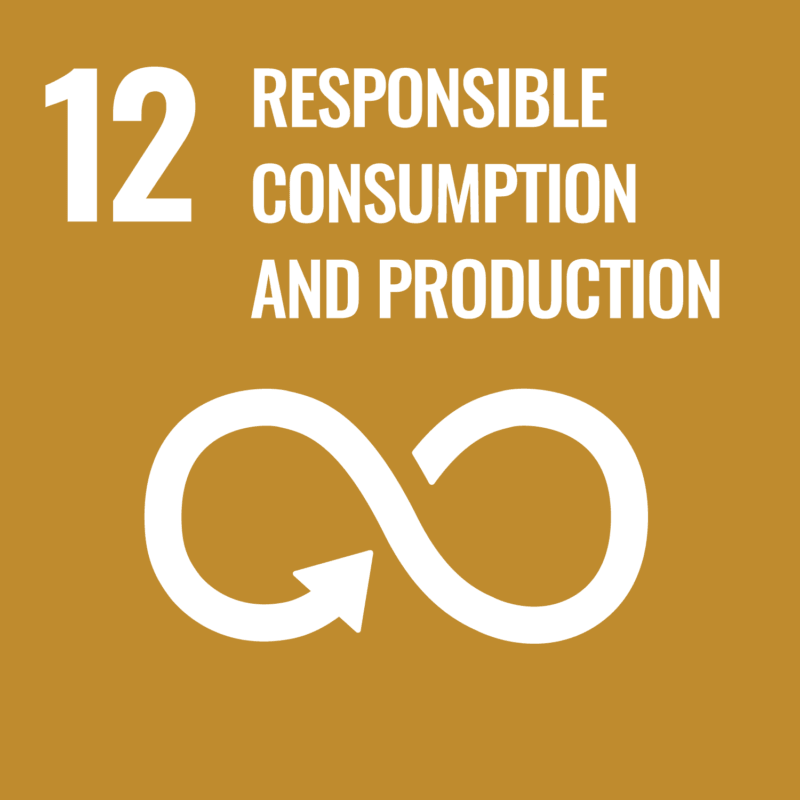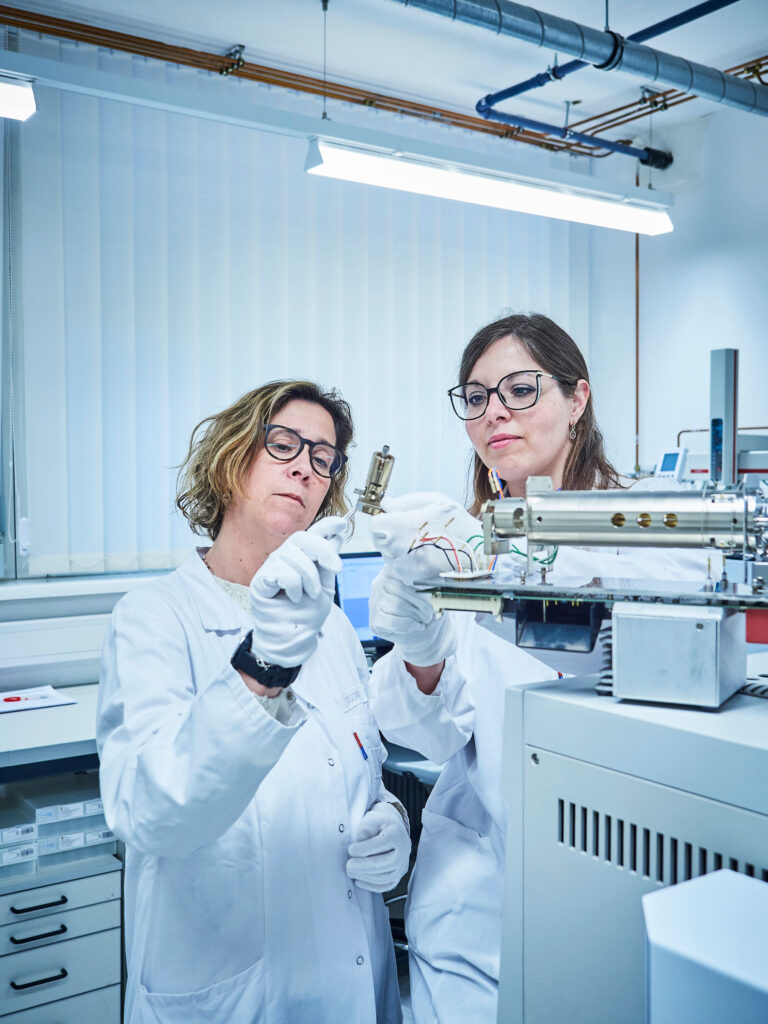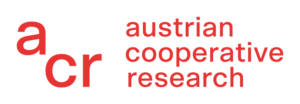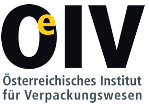The AAAplus research project is dedicated to the exciting task of taking the safety and sustainability of packaging to the next level. Three of the leading ACR institutes – OFI, LVA and ÖIV – have joined forces to develop technical expertise to help companies identify and evaluate problematic additives, contaminants and impurities in packaging.
Starting in 2030, European recycling regulations and the new packaging law will require a binding quota for packaging to consist of a certain percentage of recycled plastic. Small and medium-sized enterprises (SMEs) in particular face major challenges here, as the legal regulations are not only complex but also very costly to implement.
Project goals
The aim is to develop a detailed and comprehensive analysis strategy that makes it possible to detect and evaluate everything that ends up in the packaging. This includes both intentionally used additives and non-intentionally added substances (NIAS), which can arise, for example, during the recycling process or through contact with food or chemicals. Particularly concerning is when these substances enter recycled packaging and potentially come into contact with food or drinking water, they can pose a significant health risk. This is exactly what AAAplus wants to prevent.
In order to minimize the risk, the project team is working on new analytical methods that will enable a precise and comprehensive analysis of additives and their degradation products. This includes expanding existing additive analytics and developing multi-method approaches. Another focus is on developing techniques to assess unknown contaminants, utilizing modern methods such as high-performance thin-layer chromatography (HPTLC) to detect DNA-damaging substances. The goal is not only to identify everything that is potentially harmful but also to find ways to keep these substances out of recycled plastics.
Ultimately, SMEs should especially benefit from the results of the AAAplus project. With the newly developed analysis methods and toxicological insights, companies can adapt their packaging to meet strict EU requirements more easily and efficiently. This not only increases product safety, but also strengthens the competitiveness of companies. At the same time, the project paves the way for innovative and sustainable business models that promote the use of recycled plastics, bringing us a step closer to a sustainable packaging future.
Project Lead
OFI



